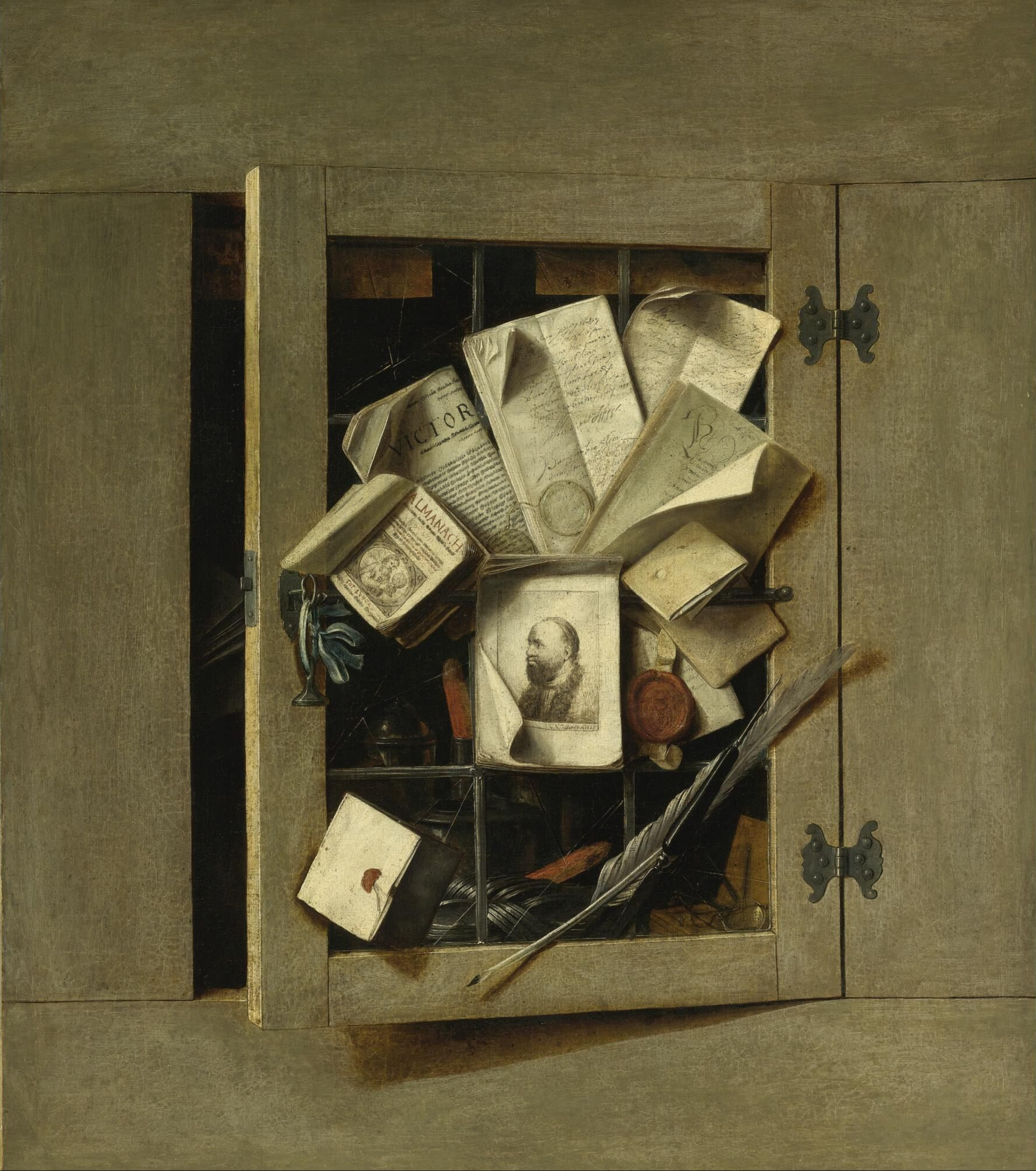DECOLONIAL FEMINISM IN TERESA CÁRDENAS AND MIRIAM ALVES
Abstract
The American continent displays diversities when considering the economy, people’s access to education, to health care among others. However, some inherited behaviors bring us closer, especially in view of Latin America. One of them is related to how women are treated. If Latin America has a large index of inequities and abuses against women, perhaps due to centuries of Spanish and Portuguese colonization, the index of inequality and violence greatly increases when we call into question black women’s lives. This article reflects upon the decolonial feminism which is present in two black women’s writers, one from Cuba and one from Brazil. Two narratives are analyzed: a diary – Cartas para Minha Mãe, by Teresa Cárdenas, and a short story – “Cinco Cartas para Rael”, part of a collection of short stories entitled Mulher Mat(r)iz, by Miriam Alves. The starting point of our reflections comes from the clash between oppressions of gender and race governed by patriarchy in order to reach an appeal against these oppressions observed in the main female characters of Cárdenas and Alves. In addition to reflecting on how these women represent themselves within that system, we will also analyze the sexist patriarchal characters, men and women, in both narratives in order to problematize the outbursts of the black female protagonists in relation to racism, sexism and colonialism. Showing disapproval of the privileges, the oppression and the discrimination of the patriarchal society, these characters show strength in a way that, through their writing, they free themselves from the everyday agonies.
Key-words: Decolonial feminism. Teresa Cárdenas. Miriam Alves. Patriarchy.







